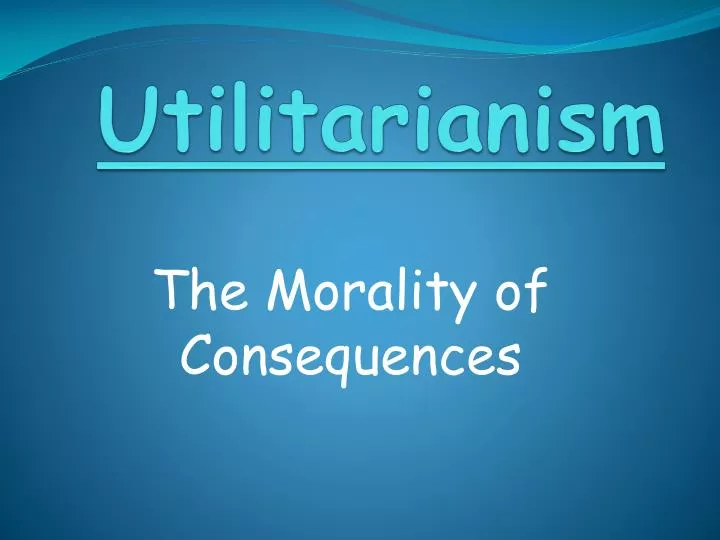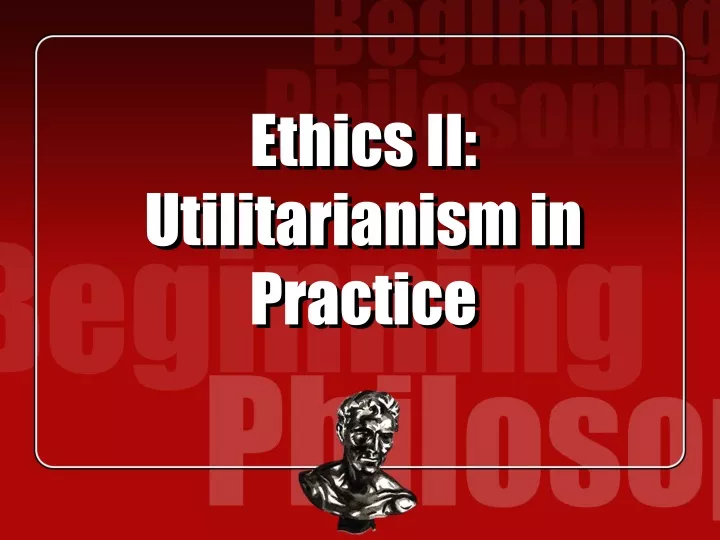
“ Looking at ethical codes, some legal experts argue that ethics themselves are too subjective to govern the use of AI”- MIT Technology Review. “What I don’t want to see is a future where our potential adversaries have a fully AI-enabled force and we do not”- Lieutenant General Jack Shanahan, Director of the Joint AI Center (JAIC) of the DIB. This article discusses the need for ethics in AI operation and discussion the mechanism involved in its adequate functioning. The ethics in the military usage of AI is primarily a discussion about how we are going to incorporate AI into the functioning of our lives and especially into the military which is also responsible for the protection from any external threat which can endanger our rights and natural ability to live peacefully.

There is a problem in that as well because the irrational element that is considered in human beings leads to the loss of life, AI eliminates that sentimental element that is responsible for human beings to save the lives of other humans during an ongoing conflict. Artificial Intelligence is brought to be the antithesis of irrational miscalculations made by human beings. The problem in that loss is based on human error, primarily on the error of the human mind operating the weapons. Every active conflict and war have seen that the use of any weapons can lead to a devastating toll on human lives. Military development and artificial intelligence are a very controversial topic as we understand the plight of every military weapon upon everyone.


That is a problem when we see that majority of the Western countries are investing in the inclusion of AI into military weapons. There is a fundamental problem in that perspective because most of the popular media depicts and ends with a dystopian reality. Our understanding of artificial intelligence in the 21st century is mainly comprised of the information we acquire from popular media.


 0 kommentar(er)
0 kommentar(er)
